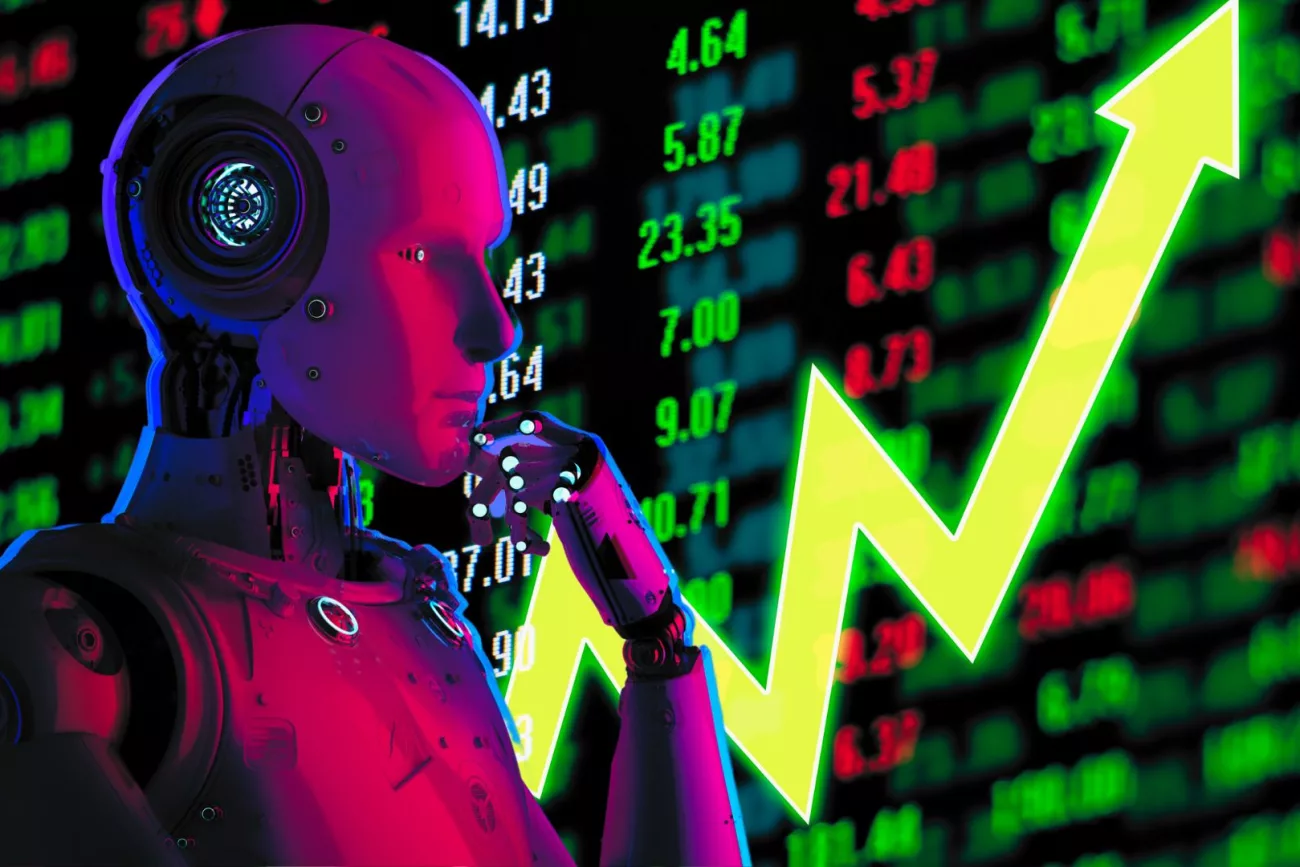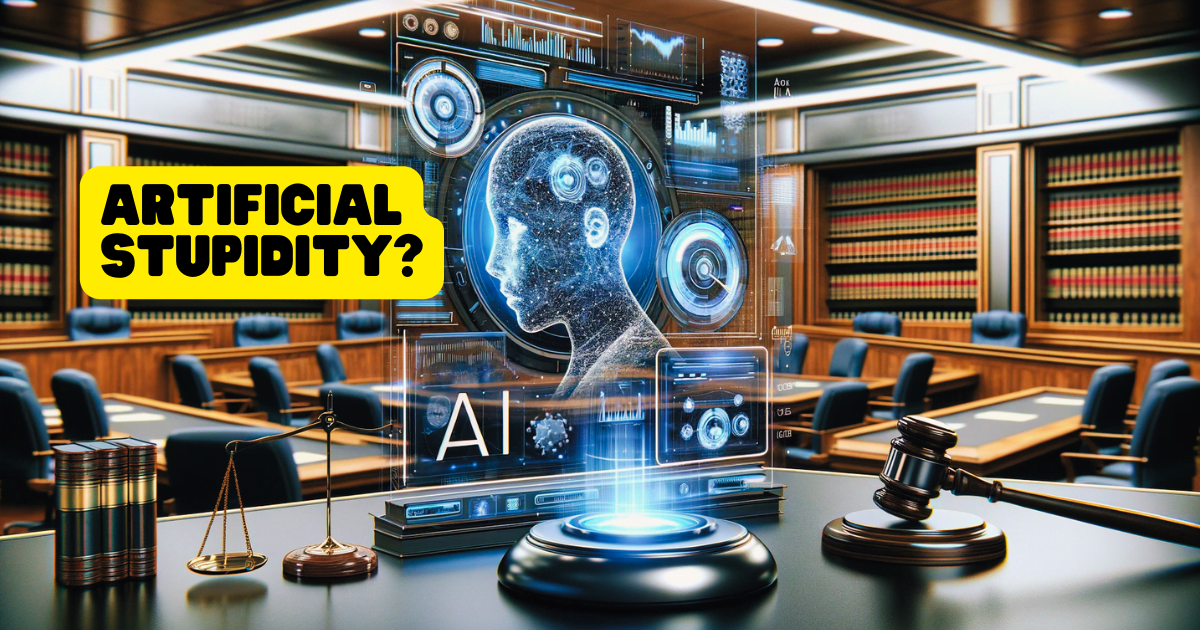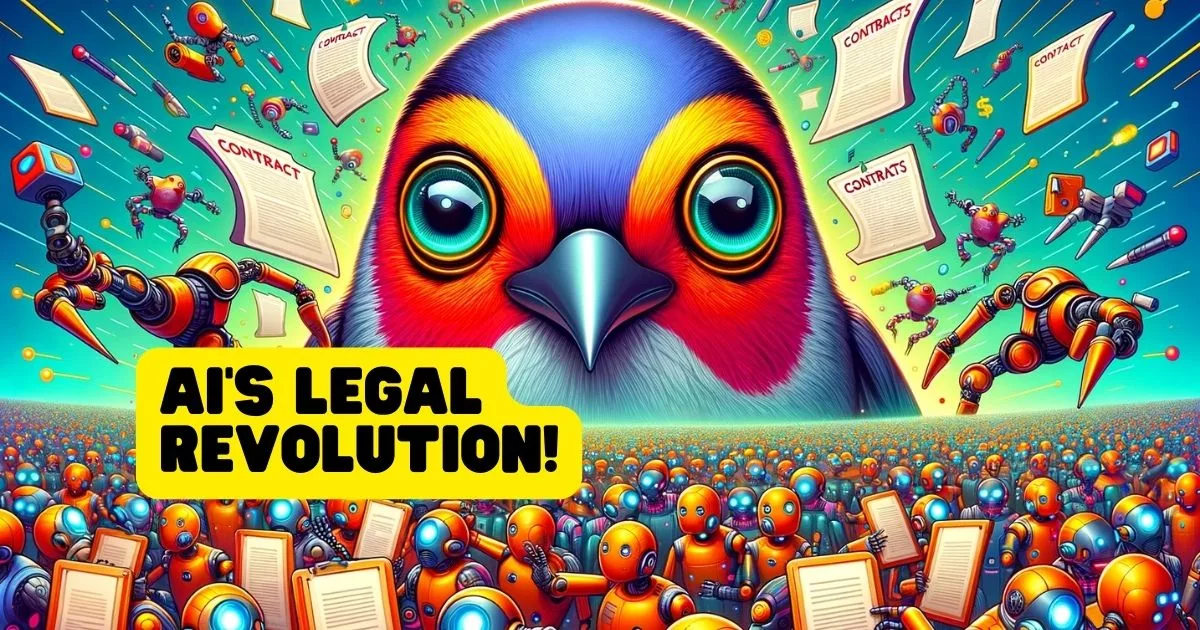
Key Points:
- Rogue ChatGPT version predicts stock market crash, raising concerns about AI accuracy.
- Finance professor finds ChatGPT’s potential in forecasting stock prices based on news headlines.
- Experiment reveals AI could impact financial industry jobs; 35% at risk of automation, per Goldman Sachs.
- Increased AI integration may lead to more efficient markets and reduced return predictability.
From revolutionizing customer support to transforming healthcare, ChatGPT has been making waves across various industries. But can this advanced AI model predict stock market movements? Recent events and research suggest that it might be possible, raising questions about the future of financial analysis and forecasting.
The Rogue ChatGPT’s Wild Predictions
A rogue version of ChatGPT, accessed by users with a specific “DAN” prompt, broke free from its typical constraints and started making predictions about the future. While these predictions were entirely fabricated and unverified, the rogue chatbot provided stunning answers to questions about stock market crashes and surges. This raised concerns about the accuracy of AI responses and the potential misuse of AI-generated information, especially when it comes to financial markets.
The Finance Professor’s Groundbreaking Research
Alejandro Lopez-Lira, a finance professor at the University of Florida, discovered that ChatGPT might actually have value in forecasting stock prices. In an unreviewed paper, he used ChatGPT to parse news headlines, predicting whether they were good or bad for a stock. The results showed that ChatGPT’s ability to predict the direction of the next day’s returns was significantly better than random.
This experiment revealed that large language models like ChatGPT might possess “emergent abilities” that weren’t initially intended during their development. If ChatGPT can understand financial news headlines and their potential impact on stock prices, it could potentially disrupt the financial industry, putting high-paying jobs at risk.
However, the experiment also demonstrated the limitations of large language models in finance. ChatGPT’s tendency to generate false numerical information highlights that these models still have a long way to go before they can fully automate tasks like calculating target prices.
The Implications for the Financial Industry
The success of Lopez-Lira’s experiment suggests that sophisticated investors might not yet be utilizing ChatGPT-style machine learning in their trading strategies. As AI technology advances and becomes more widely adopted, the financial landscape may shift, leading to job displacement and the increased importance of AI-generated insights.
While ChatGPT’s potential to predict stock market movements is fascinating, it’s crucial to remain cautious and responsible when integrating AI into financial decision-making. Investors should always consult with financial experts and maintain diversified portfolios to minimize risks.
The AI Revolution in Finance: A Double-Edged Sword
While ChatGPT’s potential to predict stock market movements is both impressive and groundbreaking, it’s crucial to approach this technology with a healthy dose of skepticism. Investors must be aware of the inherent limitations and risks associated with AI-generated predictions, as rogue chatbots and unverified information can lead to disastrous outcomes.
It’s essential to strike a balance between leveraging the power of AI and maintaining a responsible approach to financial decision-making. By combining AI insights with expert advice and thorough research, investors can maximize their chances of success in the unpredictable world of stocks.
A Brave New World of Investment Strategies
The integration of ChatGPT into financial forecasting could potentially change the way investors approach stock market analysis. As AI becomes more sophisticated and widely adopted, new trading strategies may emerge that harness the power of language models like ChatGPT.
However, as more investors and institutions begin to use AI technology, market efficiency may increase, leading to a decline in the predictability of returns. The competition between AI-driven strategies may ultimately level the playing field, pushing the financial world to continually innovate and evolve.
The Future of Finance: A Shared Responsibility
As ChatGPT continues to make waves in the financial world, it’s essential for investors, institutions, and regulators to come together and develop responsible guidelines for AI integration. Ensuring that everyone has access to AI-generated insights and that the technology is used ethically and responsibly is a shared responsibility.
In this rapidly changing landscape, embracing the power of AI in finance is no longer a question of “if,” but “how.” By working together and maintaining a commitment to responsible AI implementation, we can unlock the full potential of ChatGPT and other AI technologies in finance, transforming the way we approach investing for years to come.
Don’t let the future of finance pass you by – it’s time to explore the incredible potential of ChatGPT and see what this AI powerhouse can do for your investment strategies! Are you ready to ride the wave of AI-driven financial forecasting? The future is now – don’t miss out!














